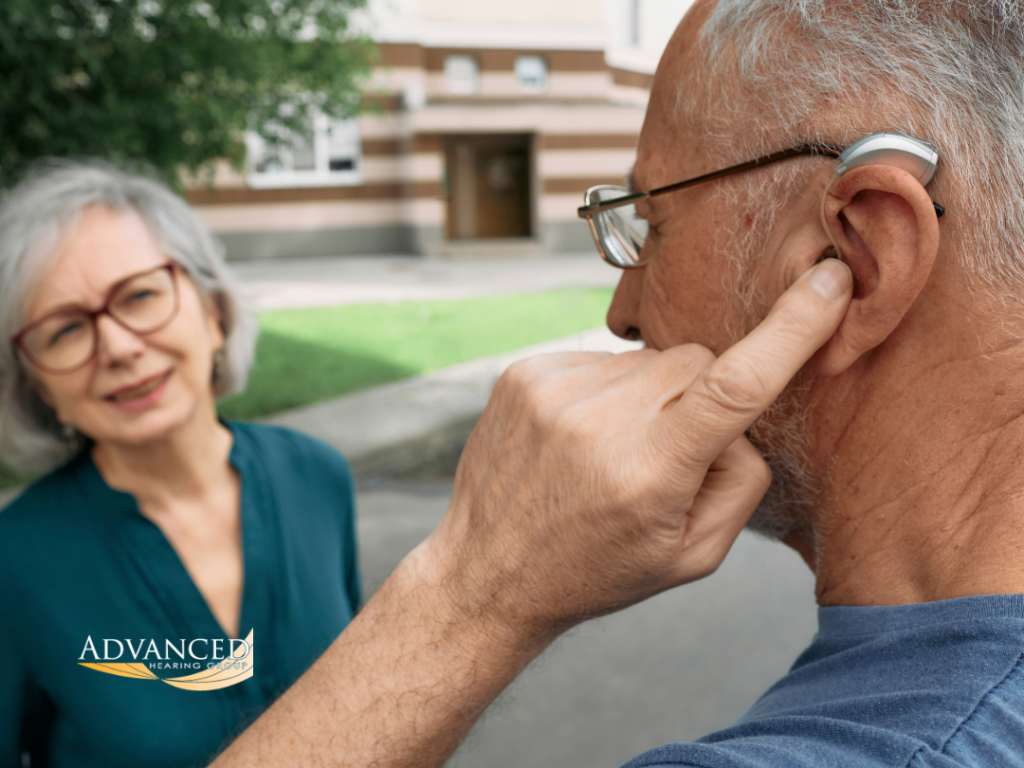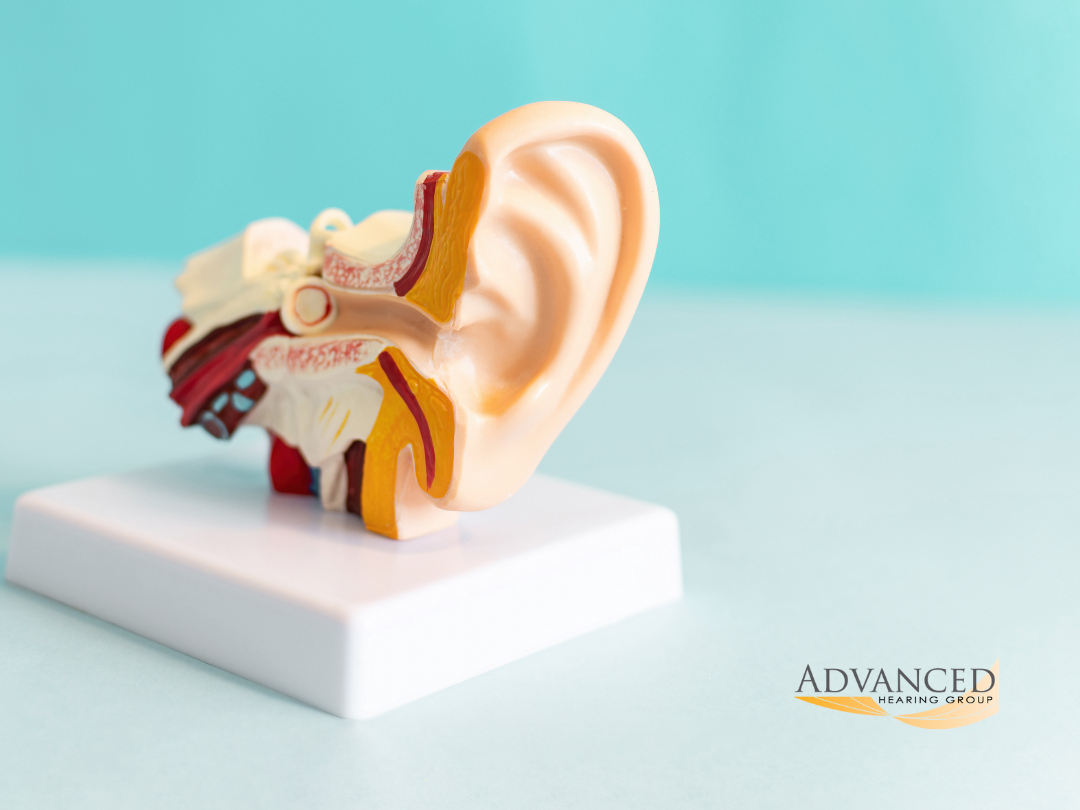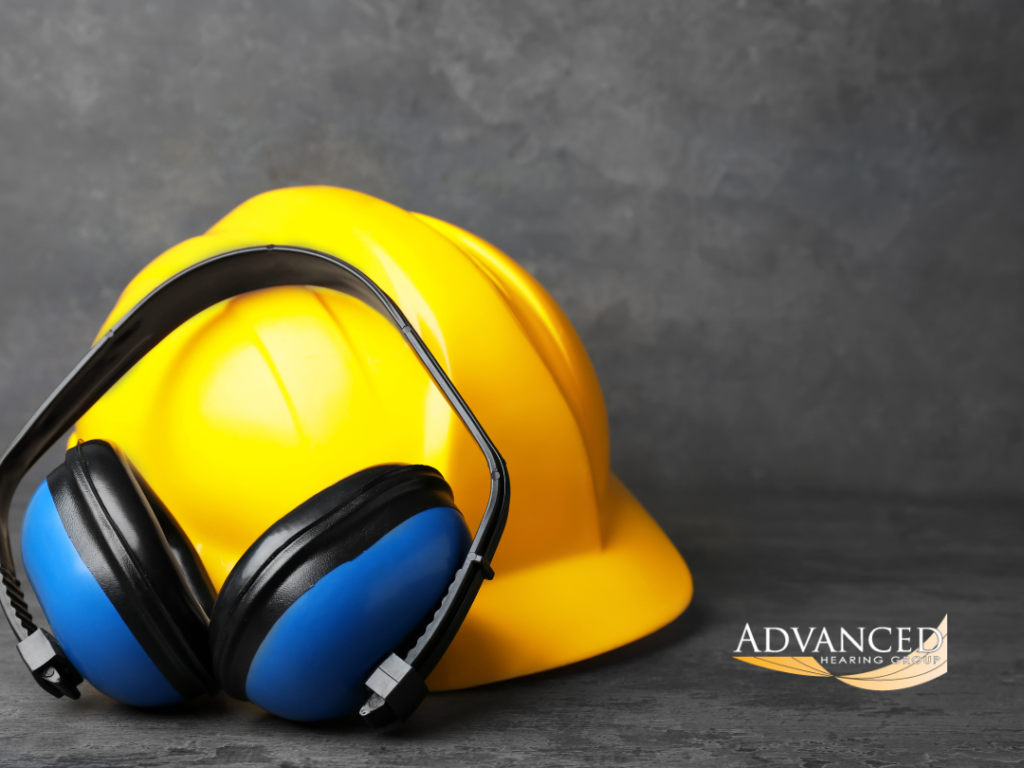
As we age, various aspects of our health require more attention, and hearing is no exception. For older individuals, maintaining good hearing health is essential for a high quality of life. Audiology services for seniors play a significant role in addressing age-related hearing issues and ensuring that seniors can lead fulfilling lives.
Here, we’ll explore the importance of audiology services for seniors and how they can contribute to quality living.
7 Ways Audiology Services For Seniors Enhance Quality of Life
1. Audiologists can help seniors understand age-related hearing loss.
As people age, changes in the inner ear, middle ear, and auditory nerve can lead to a decline in hearing abilities. Age-related hearing loss, also known as presbycusis, is a natural result of these changes and commonly experienced by seniors. Audiology services are essential for diagnosing and addressing hearing issues early on so they don’t negatively impact quality of life.
2. Audiology services provide early detection and intervention for hearing loss.
One of the key benefits of regular hearing tests or screenings is that potential hearing problems are identified before they significantly impact a senior’s life. Early intervention, such as hearing aids or other assisted listening devices, can prevent further hearing deterioration and enhance overall well-being.
3. Hearing loss treatment can positively affect communication skills.
Hearing loss at any age can affect communication, leading to feelings of frustration or even isolation. Audiology services for seniors not only address hearing loss but also focus on improving communication skills. Seniors can learn various communication strategies to help them navigate social situations confidently, despite the fact they have hearing loss.
4. Audiologists can provide customized hearing solutions for seniors.
Hearing professionals, such as audiologists, tailor their treatments to meet the unique needs of each individual. Some seniors may benefit from wearing hearing aids. Others can enjoy improved quality of life with a comprehensive aural rehabilitation plan. Customized hearing loss treatment solutions based on an individual’s need and their specific type of hearing loss can enhance their hearing experience and overall quality of life.
5. Hearing loss treatment helps maintain cognitive health.
Although research continues to be done on the topic, studies have shown a strong connection between hearing loss and cognitive decline. Audiology services for seniors play a crucial role in addressing this link by providing interventions that promote cognitive health. By maintaining good hearing, with or without the use of hearing aids, seniors can potentially reduce the risk of cognitive issues such as dementia.
6. Audiology services for seniors can lead to enhanced emotional well-being.
There’s no question that hearing loss can have significant emotional and psychological implications and leave individuals feeling isolated or anxious. Audiology services can address these emotional aspects by providing support, advice, and resources that contribute to overall emotional well-being.
7. Hearing loss treatment helps promote independence.
Good hearing is a key component of being able to maintain independence in everyday living. Audiology services can empower seniors to stay active and engaged in their daily lives. Whether it’s participating in social activities or navigating the challenges of everyday tasks, improved hearing contributes to a sense of autonomy.
Expert Audiology Services For Seniors in Mesa and Scottsdale, AZ
From early detection of hearing loss to customized interventions that promote cognitive, emotional, and overall well-being, audiology services for seniors can make a significant difference in their quality of life. At Advanced Hearing Group, we treat individuals of all ages who have hearing loss, including seniors. And, with offices in Mesa and Scottsdale, we’re able to service clients from all over the valley, including Gilbert, Tempe, Chandler, Glendale, and the greater Phoenix area.
To learn more about our audiology services, simply give us a call or schedule an appointment with one of our audiologists today. It’s time to see how hearing well can help you live well!











